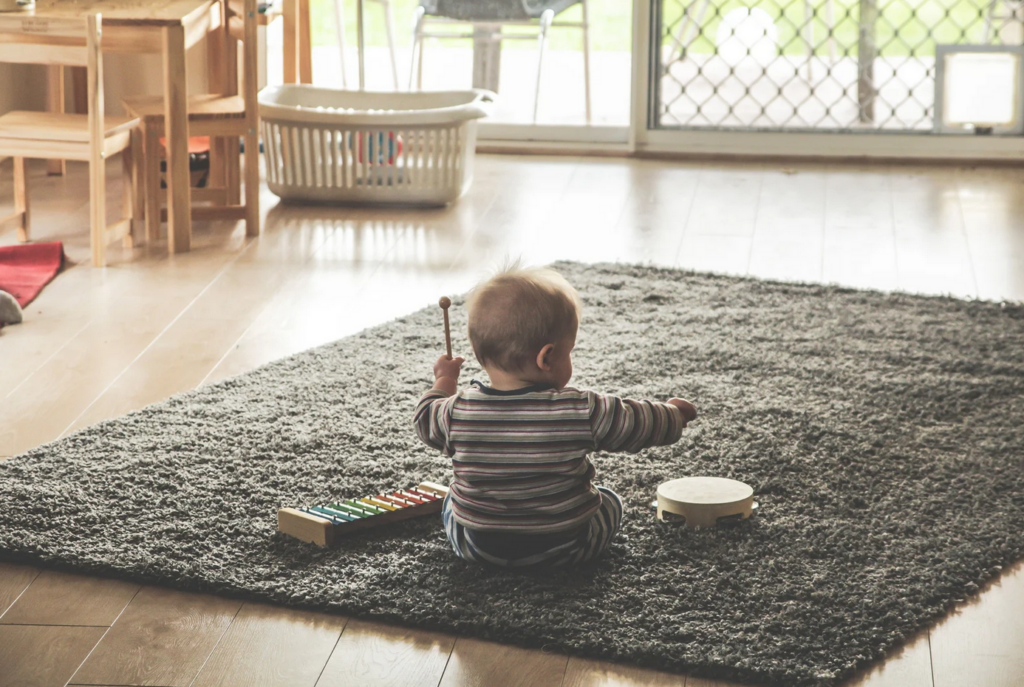Living with autism spectrum disorder (ASD) presents unique challenges for children and their families. Establishing and maintaining a daily routine can be particularly challenging, as individuals with autism often struggle with transitions, sensory sensitivities, and communication difficulties. In this blog, we’ll explore some common challenges faced by autistic children in their daily routines and discuss strategies to address them.
Morning Routine
The morning routine can set the tone for the rest of the day, but for autistic children, it may be filled with stress and anxiety. Difficulty with transitioning from sleep to wakefulness, sensory sensitivities to clothing or grooming activities, and challenges with communication can all contribute to morning meltdowns. To address these challenges, parents can:
- Create a visual schedule or checklist to provide structure and predictability.
- Offer sensory-friendly clothing options and allow the child to participate in choosing their attire.
- Use visual supports, such as picture cards or social stories, to teach and reinforce morning routines.
Mealtime
Mealtime can be a source of frustration for autistic children due to sensory sensitivities, rigid eating habits, and difficulty with social interactions. To make mealtime more enjoyable and less stressful, parents can:
- Offer a variety of foods with different textures, colors, and flavors to accommodate sensory preferences.
- Use visual supports, such as visual menus or food choice boards, to facilitate communication and decision-making.
- Create a calm and structured environment by minimizing distractions and establishing consistent mealtime routines.
Transitions
Transitions between activities or environments can be challenging for autistic children, leading to anxiety, resistance, or meltdowns. To support smooth transitions, parents can:
- Provide advance notice and warnings before transitioning to a new activity or location.
- Use visual timers or countdowns to help the child understand when a transition will occur.
- Offer incentives or rewards for successful transitions to motivate and reinforce positive behavior.
Homework and Evening Routine
Homework time and the evening routine can be stressful for autistic children and their families. Executive functioning difficulties, sensory overload, and fatigue can all impact academic performance and behavior. To make homework time and the evening routine more manageable, parents can:
- Break tasks into smaller, more manageable steps and provide clear instructions.
- Create a quiet and organized workspace free from distractions.
- Establish consistent bedtime routines to promote relaxation and prepare the child for sleep.
Conclusion
Addressing the common challenges faced by autistic children in their daily routines requires patience, understanding, and creativity. By implementing strategies such as visual supports, sensory accommodations, and structured routines, parents can help their children navigate daily life with greater ease and confidence. Remember that every child with autism is unique, so it’s essential to tailor interventions to meet their individual needs and preferences. With love, support, and effective strategies in place, autistic children can thrive and reach their full potential.



